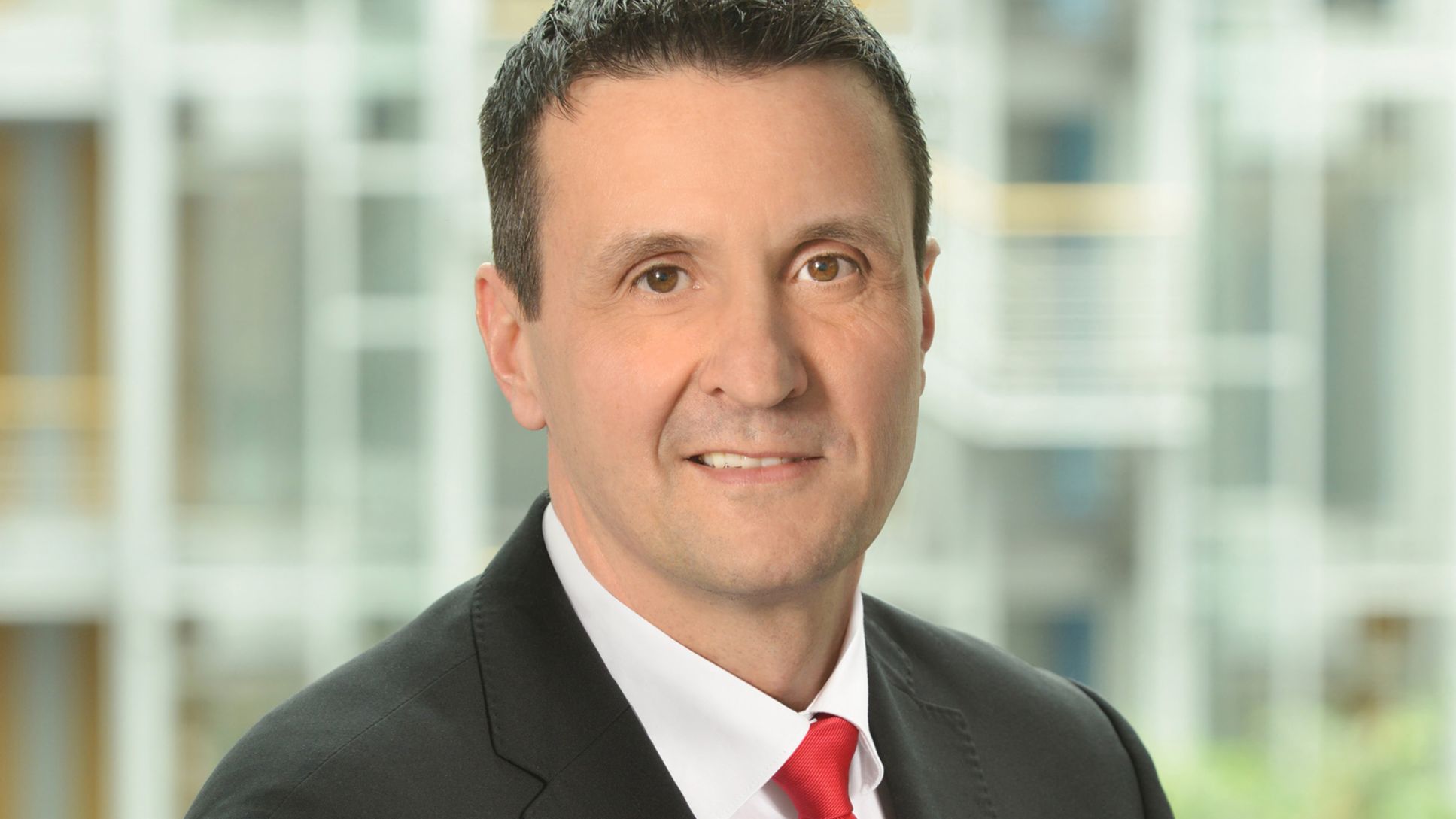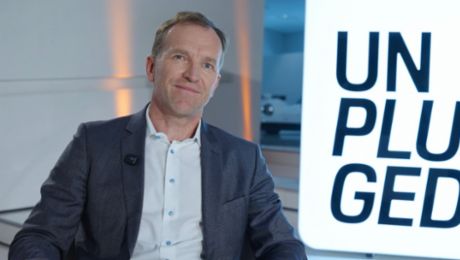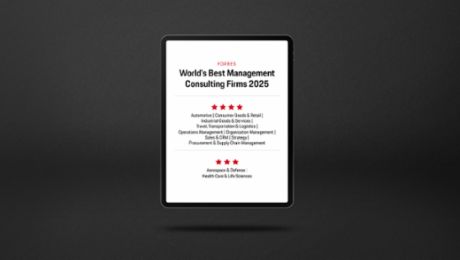As soon as production finishes, maintenance kicks in. Fresenius Medical Care (FMC), the world’s leading supplier of dialysis systems, places an especially high premium on first-class service and technical support. Well over 1,000 field service engineers visit customers in Europe, the Middle East and Africa—in 40 country organizations—alone to configure and maintain the equipment at dialysis clinics, reports FMC department manager Marco Gräfe. The technical operations department—which is responsible for all of the services that customers need to operate their systems—performed more than 450,000 service jobs on dialysis machines in 2014 alone.
The cost pressures exerted on Fresenius Medical Care by health care systems worldwide can be felt in this part of the company as well. As such, managers at the technical operations department face the same challenges as their counterparts in development and production. As Gräfe observes, “We need greater efficiency at lower cost.”
Not a purely theoretical affair
To identify potential savings, FMC commissioned experts from the Porsche Consulting Academy to train 24 FMC managers using ten tangible projects. Of special note here is that this further training is not a purely theoretical affair with flip charts and PowerPoint presentations. Instead, the Academy’s approach consists of “training on the job.” Its practice-based mentoring system teaches the managers not only to reflect more productively on their own actions and to eliminate drawn-out routines. It also puts them in a position to train others in projects that optimize technical processes, thus establishing something like a sustainable “culture of improvement” throughout the entire team.
The training campaign is also backed by solid figures. FMC could succeed in cutting as much as 30 percent of the time needed before a new dialysis system can start operation by the user, as significant means of speeding up the process have been identified. Time needed by the user in other areas—such as processing ultra-pure dialysis water—has even been reduced by 50 percent. “We’re already seeing signs that the revenue from improved processes clearly exceeds the expenditures for consulting,” says Gräfe. His conclusion: training for management personnel does not have to be a cost factor.
Porsche Consulting GmbH
Headquartered in Bietigheim-Bissingen, Porsche Consulting GmbH is a subsidiary of the Stuttgart-based sports car manufacturer Dr. Ing. h.c. F. Porsche AG. Founded in 1994 with a staff of four, it currently employs more than 380 people. An internationally active company with four subsidiaries of its own in Milan, São Paulo, Atlanta, and Shanghai, it is one of Germany’s leading management consultancies. Its experts in operational excellence advise large corporations and medium-sized companies worldwide in the automotive, aviation and aerospace, and mechanical and plant engineering industries. Clients also come from the financial services, consumer goods, retail, and construction sectors.
Survey
Text first published in „Porsche Consulting - THE MAGAZINE", Issue 16
Author: Haiko Prengel // Photos: Fresenius Medical Care




